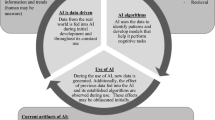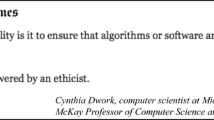Abstract
Partly as a result of much recent evidence of business and government crime, a large proportion of major corporations have adopted codes of ethics; government service is also making more use of them. The electrical manufacturing anti-trust conspiracy and 1973–1976 investigation of foreign and domestic bribery were immediate prods. There are also government codes of which the ASPA code is most widely distributed. Corporate codes discuss relations to employees, interemployee relationships, whistle blowing, effect on environment, commercial bribery, insider information, other conflicts of interest, anti-trust, accounting, consumer relations, and political activities. A discussion of use of codes shows partly favorable results. A number of corporation decisions have not yet become a subject of code provisions. Codes will be more useful if the reasons behind each order are stated and team work is encouraged.
Similar content being viewed by others
Author information
Authors and Affiliations
Additional information
George C. S. Benson is Professor of Government and President Emeritus of Claremont McKenna College. He is a member of the Ethics Committee of the American Society of Public Administration and was a writer of the Guidelines to ASPA's Code of Ethics. He teaches business and government ethics and has had management experience in business, government, military and academic work.
Rights and permissions
About this article
Cite this article
Benson, G.C.S. Codes of ethics. J Bus Ethics 8, 305–319 (1989). https://doi.org/10.1007/BF00381721
Issue Date:
DOI: https://doi.org/10.1007/BF00381721




